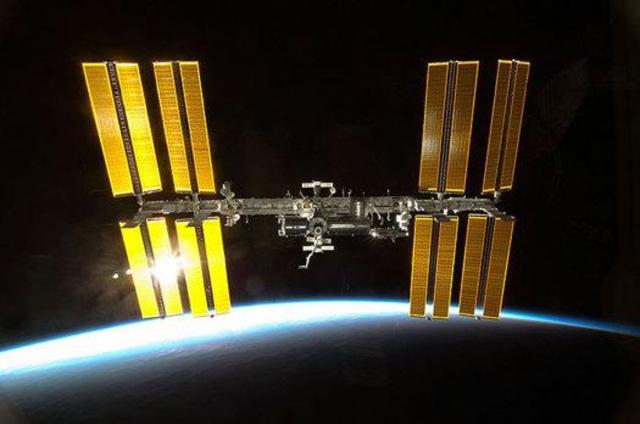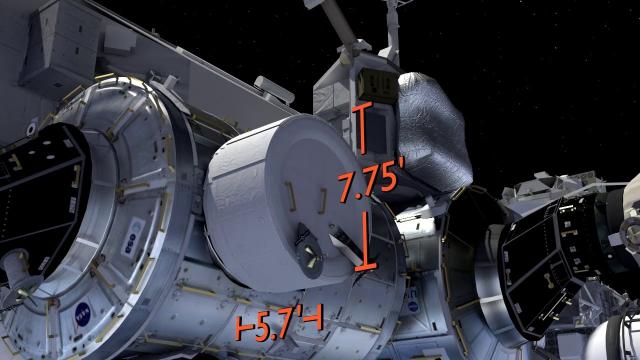Outer Space & Universe
Outer Space & Universe
Space, also known as outer space, is the near-vacuum between celestial bodies. It is where everything (all of the planets, stars, galaxies and other objects) is found.
On Earth, space begins at the Kármán line (100 km above sea level). This is where Earth's atmosphere is said to stop and outer space begins. This is not a firm boundary but is a convention used by scientists and diplomats.
Items in space are free to move back and forth; up and down; and left and right. These three dimensions are what make 3D space. Items also move forward through time, which is sometimes called the fourth dimension.
The majority of space contains very little matter and so most of it is a vacuum. Scientists do not know how big space is but we do know that space is extremely big, and is always expanding.
According to the big bang theory, all matter and energy in the Universe was compressed into a very small space. Then it exploded and started expanding. Space is still growing in size today; this means the distance from one galaxy to distant galaxies is getting longer.
Gravity is the force that keeps the Moon in orbit around the Earth and the planets in orbit around the Sun. Gravity can stretch and bend space similar to how a heavy ball placed on a stretched sheet of rubber will cause the rubber to stretch. The scientist who discovered that space can bend is named Albert Einstein. How gravity bends space is part of his theory of general relativity.
Astronauts, Cosmonauts, Taikonauts and Spationauts
An astronaut is any person who is trained by NASA to travel and perform tasks in space. Although the space traveler may not necessarily be a United States citizen, each astronaut does go through a rigorous training regiment by the National Aeronautics and Space Administration. Other space travelers go by other names then astronaut depending on their country of origin.
In the United States, astronaut is derived from the Greek words ástron (star) and nautis (sailor). While, in Russia, a space traveler goes by the name космонавт (English: cosmonaut), which is derived from the Greek words kosmos (universe) and nautis (sailor). Westerners call a space traveler from China a taikonaut, based on the 1998 writings of Chiew Lee Yik and Chen Lan where the term tàikōng (great emptiness), Chinese for “space”. In China, the term yuháng yuán (universe navigator) is used for space traveler.
Only the United States of America (United States), Russia (earlier, the Union of Soviet Socialist Republics), and the People’s Republic of China (China) have sent manned spacecraft into space. Other countries have assisted these countries by sending their own space travelers on space missions. For instance, a French space traveler is called a spationaut (from the French word spationaute), which is derived from the Latin spatium (space) and Greek nautis (sailor). (plural in Greek nautes = sailors)
-
03:40
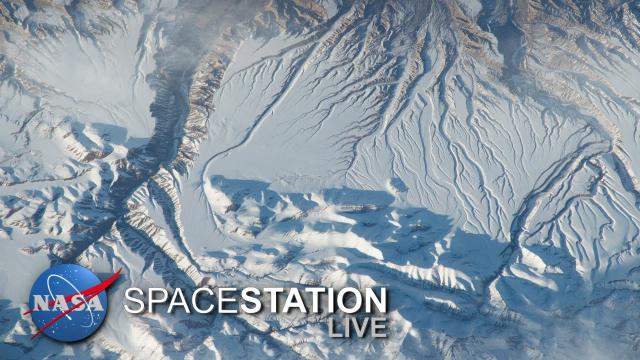
Space Station Live: Classroom with a View
Added 557 Views / 0 LikesSpace Station Live: Classroom with a View
-
06:35
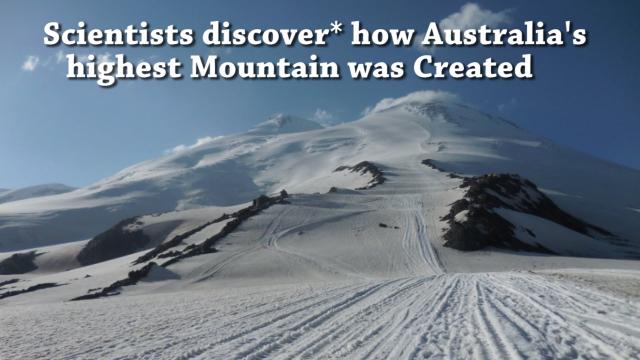
Scientists Solve* Massive Australian Mountain Creation Mystery!
Added 693 Views / 0 LikesScientists Solve* Massive Australian Mountain Creation Mystery!
-
10:47
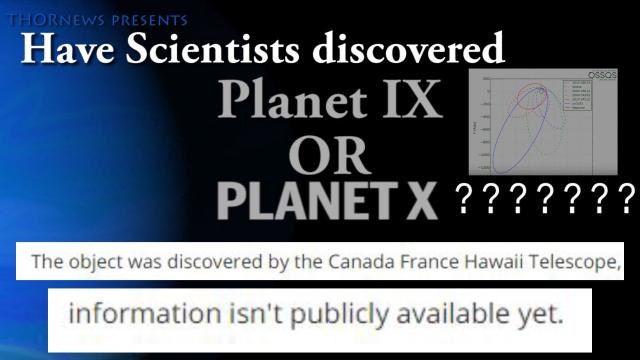
Have Scientists discovered Planet X or Planet 9?
Added 711 Views / 0 LikesHave Scientists discovered Planet X or Planet 9?
-
01:06
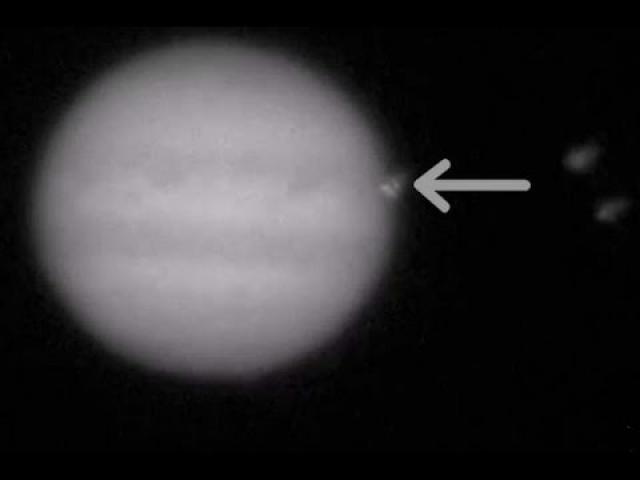
Jupiter Collision! Impact Burst Captured By Amateur Astronomer | Video
Added 699 Views / 0 LikesJupiter Collision! Impact Burst Captured By Amateur Astronomer | Video
-
11:10
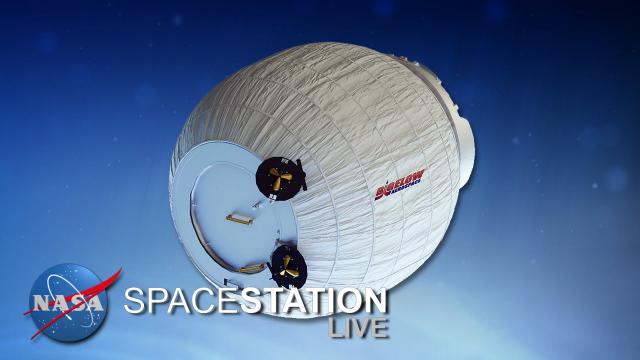
Space Station Live: BEAMing up to ISS
Added 474 Views / 0 LikesSpace Station Live: BEAMing up to ISS
-
09:09
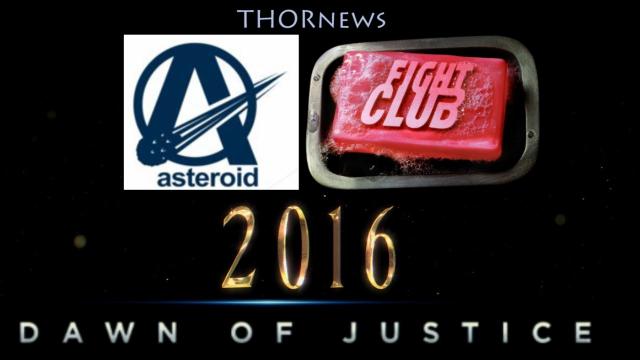
Earth must Avert Economic Collapse! warns the Planetary Defense Office
Added 684 Views / 0 LikesEarth must Avert Economic Collapse! warns the Planetary Defense Office
-
04:30
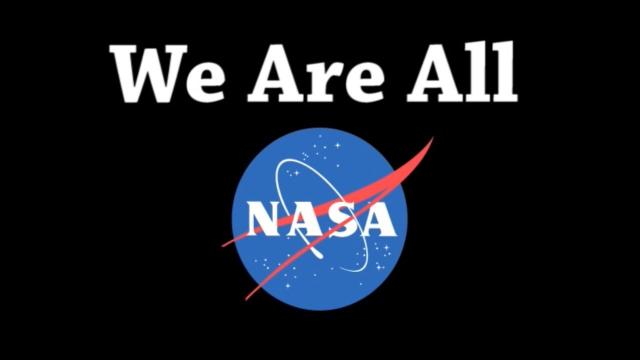
We are all NASA. We are All Earth's Space Program. So what do we do now?
Added 585 Views / 0 LikesWe are all NASA. We are All Earth's Space Program. So what do we do now?
-
07:34
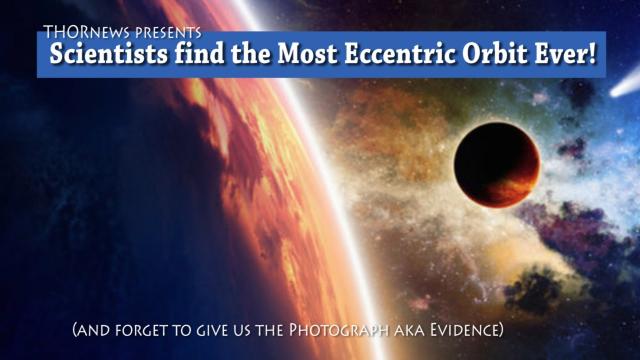
Big Hot jumping Jupiter! Scientists find the Most Eccentric Planet Orbit Ever*!
Added 710 Views / 0 LikesBig Hot jumping Jupiter! Scientists find the Most Eccentric Planet Orbit Ever*!
-
07:30

Interview with One-Year Crewmember Mikhail Kornienko
Added 575 Views / 0 LikesInterview with One-Year Crewmember Mikhail Kornienko
-
09:13
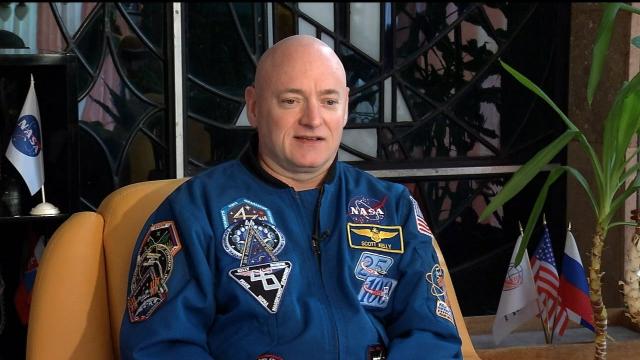
Interview with One-Year Crewmember Scott Kelly
Added 713 Views / 0 LikesInterview with One-Year Crewmember Scott Kelly
-
04:11
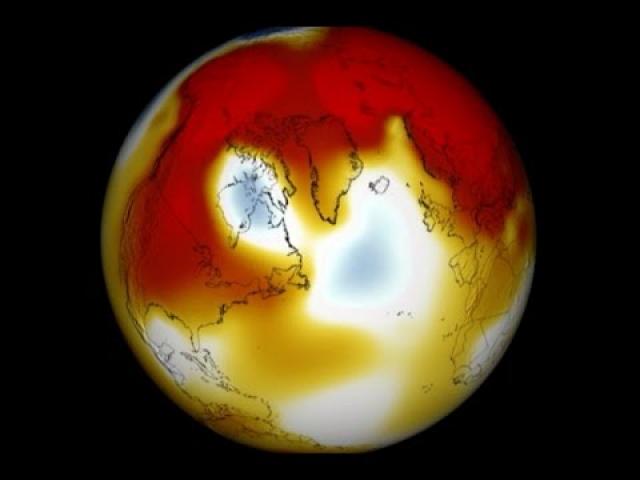
Sea Ice Is Melting Faster Than Expected, NASA Says | Exclusive Interview
Added 758 Views / 0 LikesSea Ice Is Melting Faster Than Expected, NASA Says | Exclusive Interview
-
02:51

One-Year Space Station Crew Receives a Warm Welcome in Star City, Russia
Added 660 Views / 0 LikesOne-Year Space Station Crew Receives a Warm Welcome in Star City, Russia
-
01:06
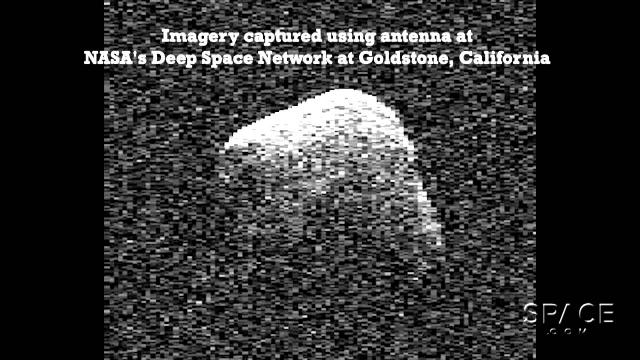
Radar Pegs 3rd Closest Comet At 3000ft-Wide | Video
Added 697 Views / 0 LikesRadar Pegs 3rd Closest Comet At 3000ft-Wide | Video
-
02:11
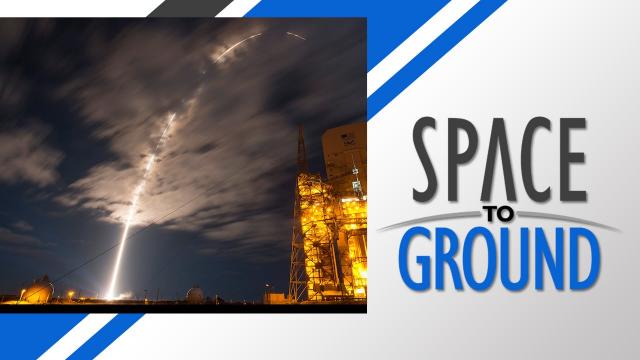
Space to Ground: Rising Cygnus, Falling Stars: 03/25/2016
Added 681 Views / 0 LikesSpace to Ground: Rising Cygnus, Falling Stars: 03/25/2016
-
10:38
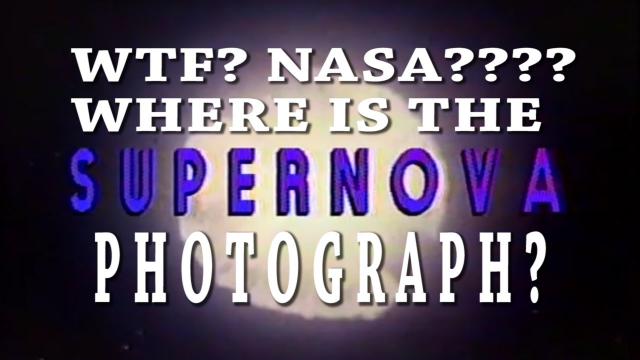
WTF? NASA - Where is the Kepler captured SuperNova in Early stage photo?
Added 710 Views / 0 LikesWTF? NASA - Where is the Kepler captured SuperNova in Early stage photo?
-
10:04
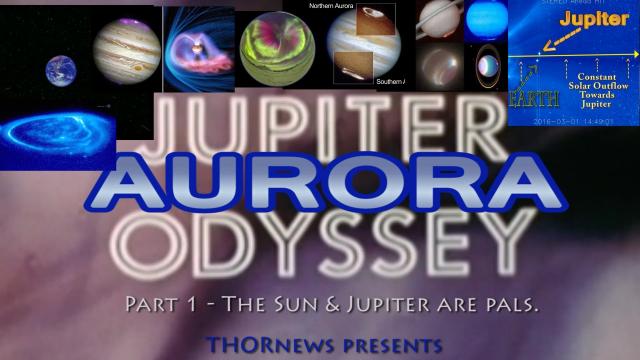
The Sun is lighting up Jupiter like a Candle,
Added 489 Views / 0 LikesThe Sun is lighting up Jupiter like a Candle,
-
05:58
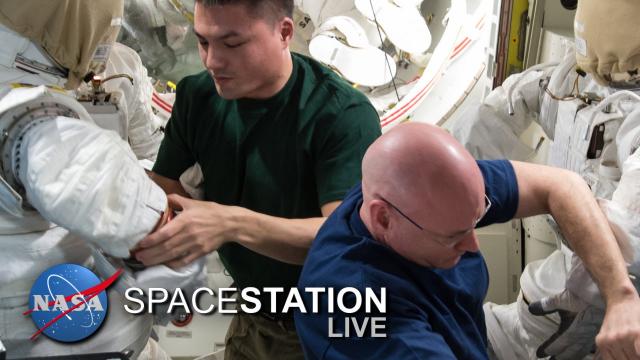
Space Station Live: What Works Well, and Why
Added 685 Views / 0 LikesSpace Station Live: What Works Well, and Why
-
02:53
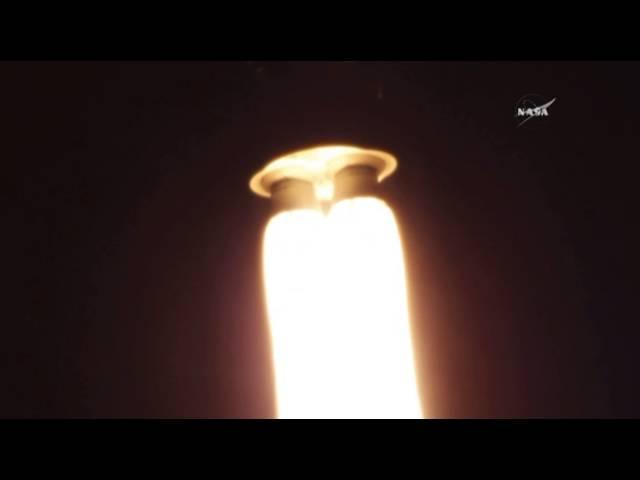
Blast Off! Orbital ATK CRS-6 Mission Launches To Space Station | Video
Added 774 Views / 0 LikesBlast Off! Orbital ATK CRS-6 Mission Launches To Space Station | Video

